Illustration photo (AI)
My father, a war invalid who emerged from the flames of war more than fifty years ago. Like those who were lucky enough to return, over the years, my father has always been deeply concerned about the battlefield, his comrades, etc. When there is time and suitable conditions, there is no program on the radio or newspaper to find comrades and veterans that my father misses.
The images of those who fell on the same front line on the march or in each battle... from the Truong Son mountains to Duc Hue, Ben Cau Ba Thu, Moc Hoa ( Tay Ninh ) and even Ta Bang Da Boong, Bo Hoc (Cambodia) always haunted my mind.
During our childhood, every night my sisters and I listened to Dad tell stories about battles and battlefields. Dad told them over and over again, so many times that we knew every little detail by heart. Then Dad taught the whole family to sing and recite poems. The songs and poems he learned by heart from the political commissar of this company, the platoon leader of that company, and even his comrades: “Together hanging hammocks in the Truong Son forest. The two of us were at two far ends. The road to battle this season is so beautiful. The Eastern Truong Son remembers the Western Truong Son”... “I met you high up in the wind. The strange forest rustled with red leaves. You stood by the road. Like home. A silver shirt with a rifle slung over your shoulder”...
That July morning, I took my father to visit the Vinh Hung - Tan Hung Martyrs' Cemetery - near the border post where we worked and also near where my family lived. This is one of the large and spacious cemeteries, the resting place of heroes and martyrs in the two resistance wars against French colonialism and American imperialism. In particular, this place was also chosen as the resting place of Vietnamese volunteer soldiers and experts who sacrificed their lives in the land of pagodas, in the fight to help our friends prevent the Pol Pot genocide. The fight for a noble, impartial, and pure international duty in the history of the Vietnamese people and the modern world .
In the thick incense smoke swirling between the pink lotus flowers that adorned each gravestone, my father searched for and read the names of comrades he had never met. His old hands, rough from skin disease and the after-effects of Agent Orange, slowly touched each gravestone. The sunlight shone across his shoulders, and every now and then he would raise his hand to wipe away the tears, preventing them from falling.
I saw my father stop for a long time before the martyrs from Thai Binh province, who died in 1968. Choking with emotion, my father said: If in the battle at Moc Hoa sub-region in Mau Than year, the two enemy bullets did not go into the arm, the left hip but into another place on the body, then it is very possible that today I would be lying here, next to my comrades. Moc Hoa with Vinh Hung, Tan Hung are adjacent places in the Dong Thap Muoi region. There were many young men from North Vietnam who had just arrived here, had never once enjoyed the famous sour soup of water lily and sesban flowers, and had fallen under the immense swamps and immense cajuput forests. Because of unfamiliar tactical terrain and lack of experience in fighting in flooded areas, our soldiers sacrificed a lot. There were battles where their combat intentions were revealed, the enemy suddenly attacked or carpet-bombed the marching formation, and our soldiers were almost wiped out.
In front of the mass grave of 120 martyrs of Division 9, who died on the Cambodian border in 1970, my father could not hold back his tears. He said: This is my old division. But back then it was not called a division but "Construction Site 9". The unit had a large number of troops and a wide area of operation. Therefore, it is very possible that in this grave are comrades who fought together in the trenches. Because that same year, my father was wounded and was taken from Gia Dinh to Cambodia for treatment, bordering Tan Bien district, Tay Ninh province. If he had not been discovered, brought to the military hospital and given timely emergency care, he would have remained here. During the war years, there were many termites in the forest. Wounded soldiers lay under trees or on mounds of land, sleeping, and when they woke up or were discovered by their comrades, termites had already infested part of their bodies. If the bodies of fallen comrades were not promptly buried in hammocks, in less than three days they would have been nothing more than a handful of broken bones.
In front of the memorial to the heroes and martyrs, I heard my father silently calling out the names of each person in each battle. It seemed like my father was talking… I wonder if you guys could hear my prayers? But I know one thing for sure, this is the moment my father is very close to his comrades. From the depths of his soul, from the old memories, my father seemed to be reliving with those who once fought for life and death. Fighting for only one goal, to bring independence and peace to the Fatherland.
I don't know since when, my tears have been rolling sweetly…/.
Nguyen Hoi
Source: https://baolongan.vn/nguoi-thuong-binh-trong-nghi-trang-a199451.html


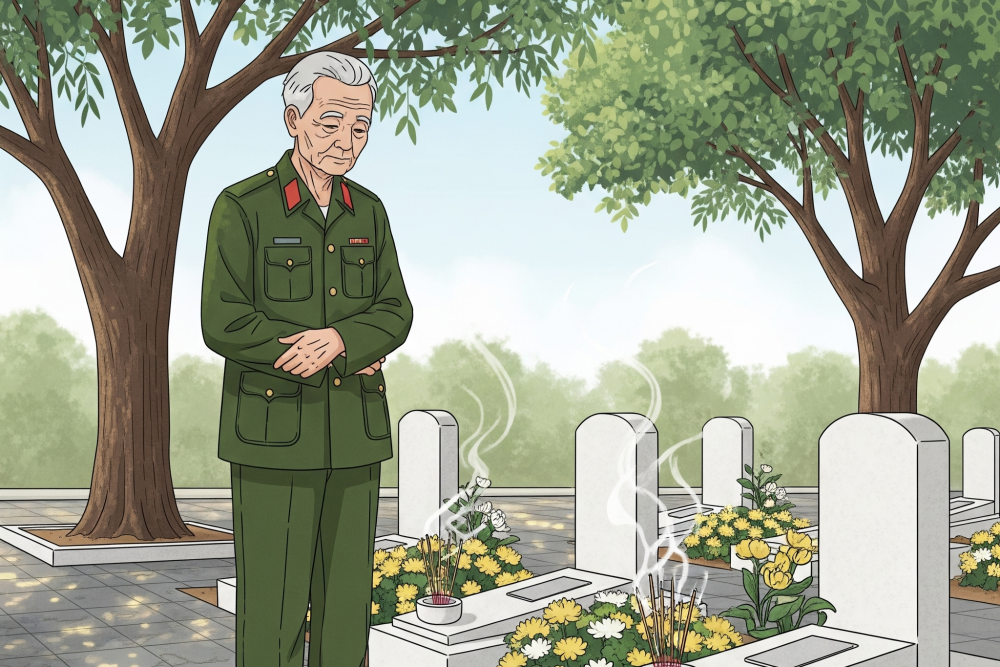
![[Photo] General Secretary To Lam receives US Ambassador to Vietnam Marc Knapper](https://vphoto.vietnam.vn/thumb/1200x675/vietnam/resource/IMAGE/2025/9/29/c8fd0761aa184da7814aee57d87c49b3)
![[Photo] Solemn opening of the 12th Military Party Congress for the 2025-2030 term](https://vphoto.vietnam.vn/thumb/1200x675/vietnam/resource/IMAGE/2025/9/30/2cd383b3130d41a1a4b5ace0d5eb989d)


![[Photo] The 1st Congress of Phu Tho Provincial Party Committee, term 2025-2030](https://vphoto.vietnam.vn/thumb/1200x675/vietnam/resource/IMAGE/2025/9/30/1507da06216649bba8a1ce6251816820)
![[Photo] General Secretary To Lam, Secretary of the Central Military Commission attends the 12th Party Congress of the Army](https://vphoto.vietnam.vn/thumb/1200x675/vietnam/resource/IMAGE/2025/9/30/9b63aaa37ddb472ead84e3870a8ae825)
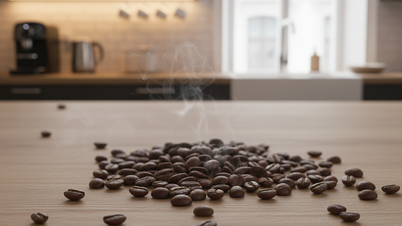

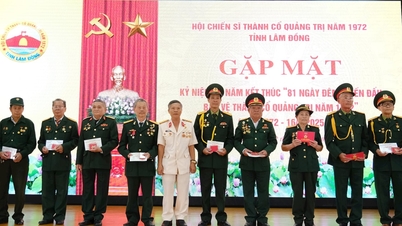






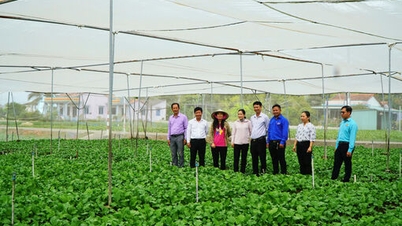


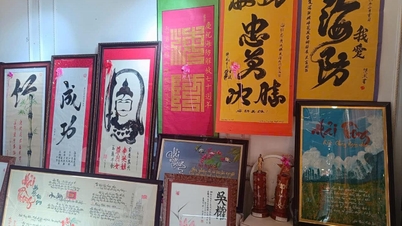


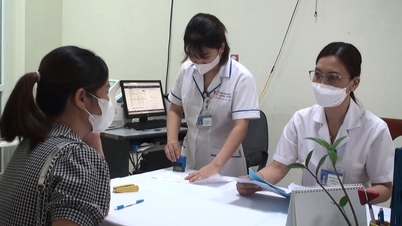

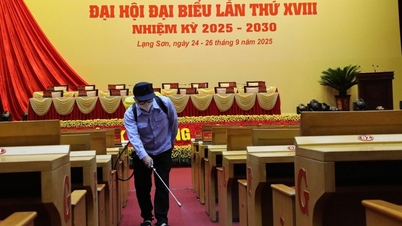





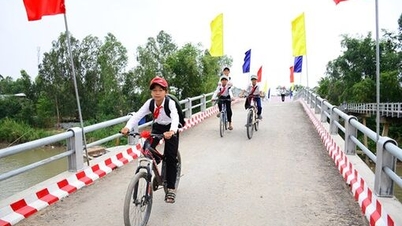
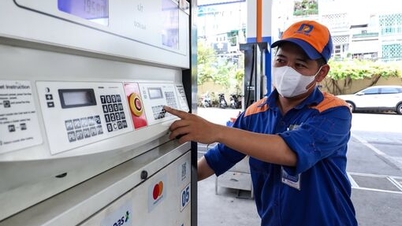
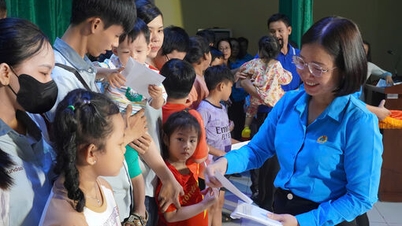


![[Photo] General Secretary To Lam attends the ceremony to celebrate the 80th anniversary of the post and telecommunications sector and the 66th anniversary of the science and technology sector.](https://vphoto.vietnam.vn/thumb/1200x675/vietnam/resource/IMAGE/2025/9/29/8e86b39b8fe44121a2b14a031f4cef46)




























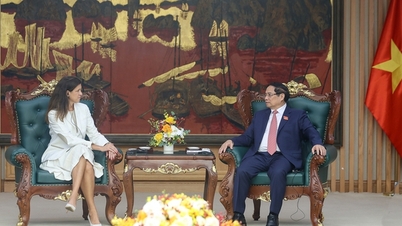

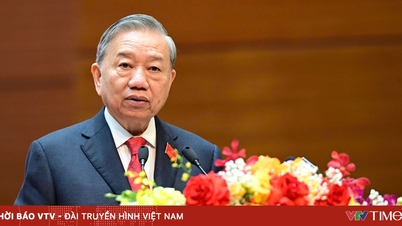

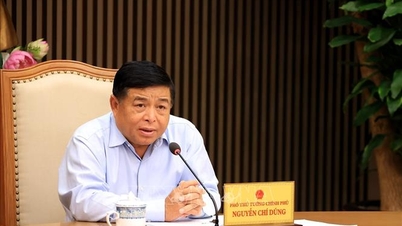

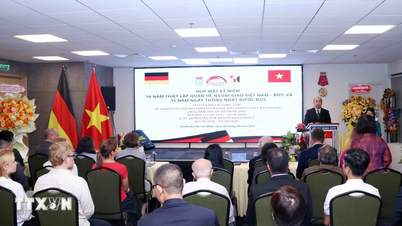
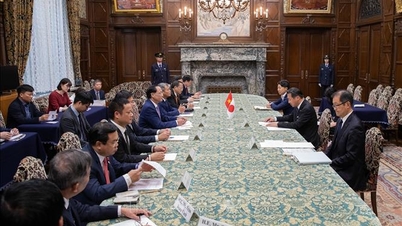


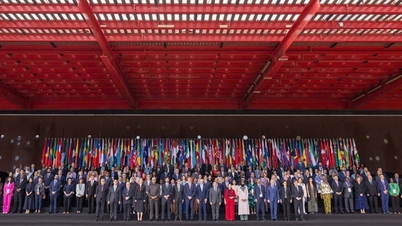
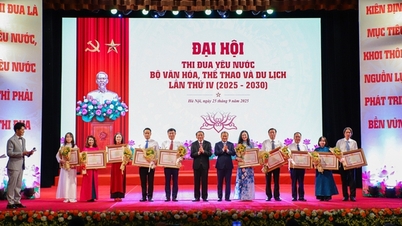





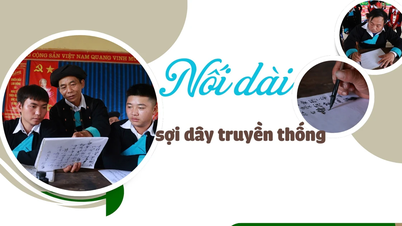


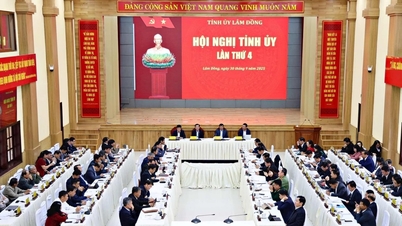


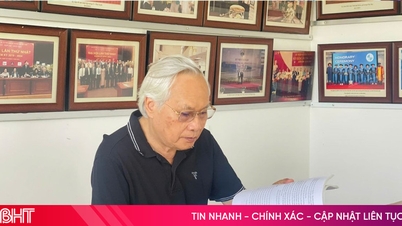










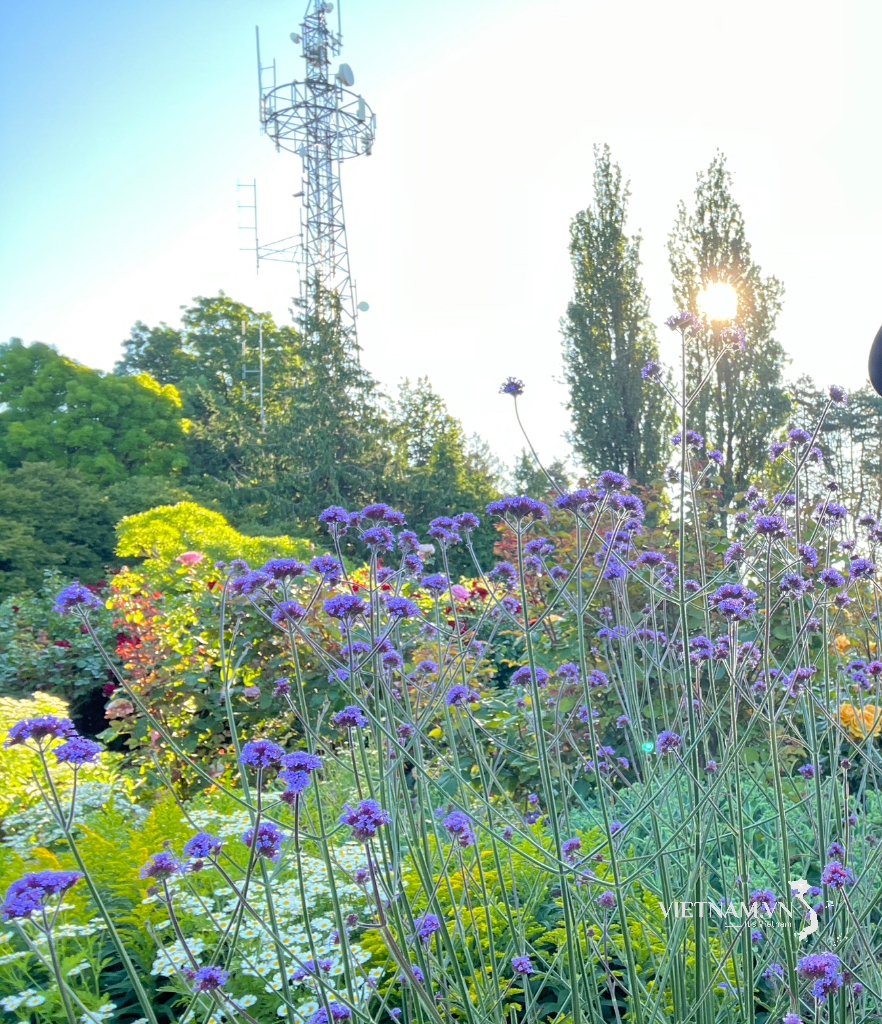

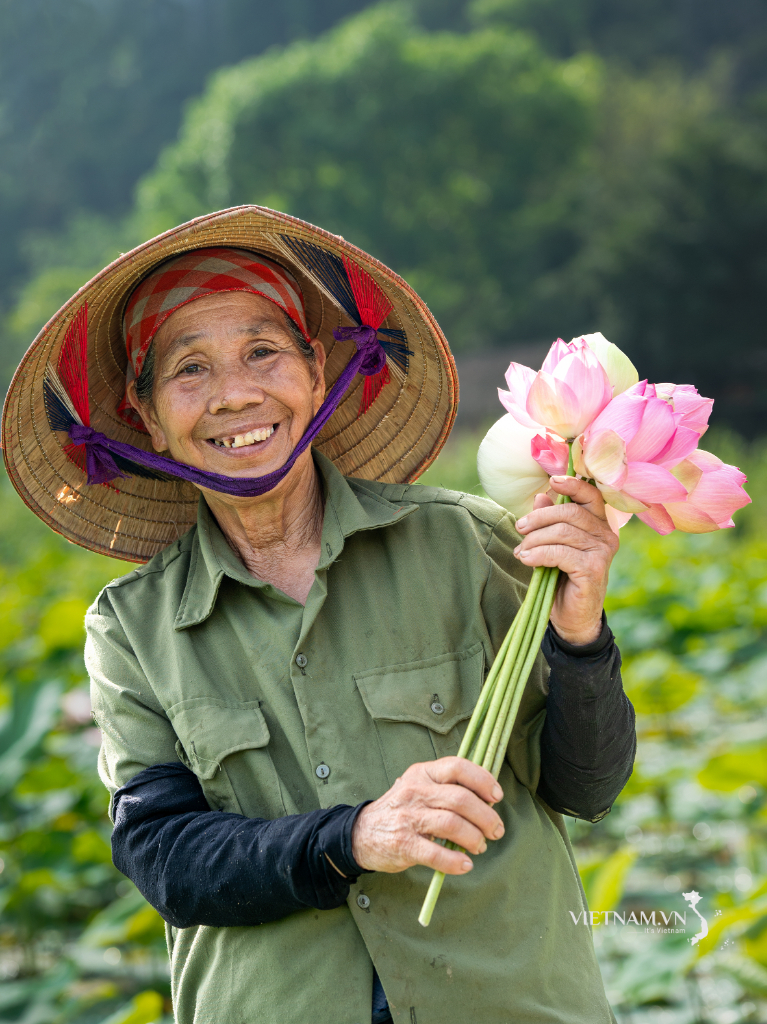

Comment (0)